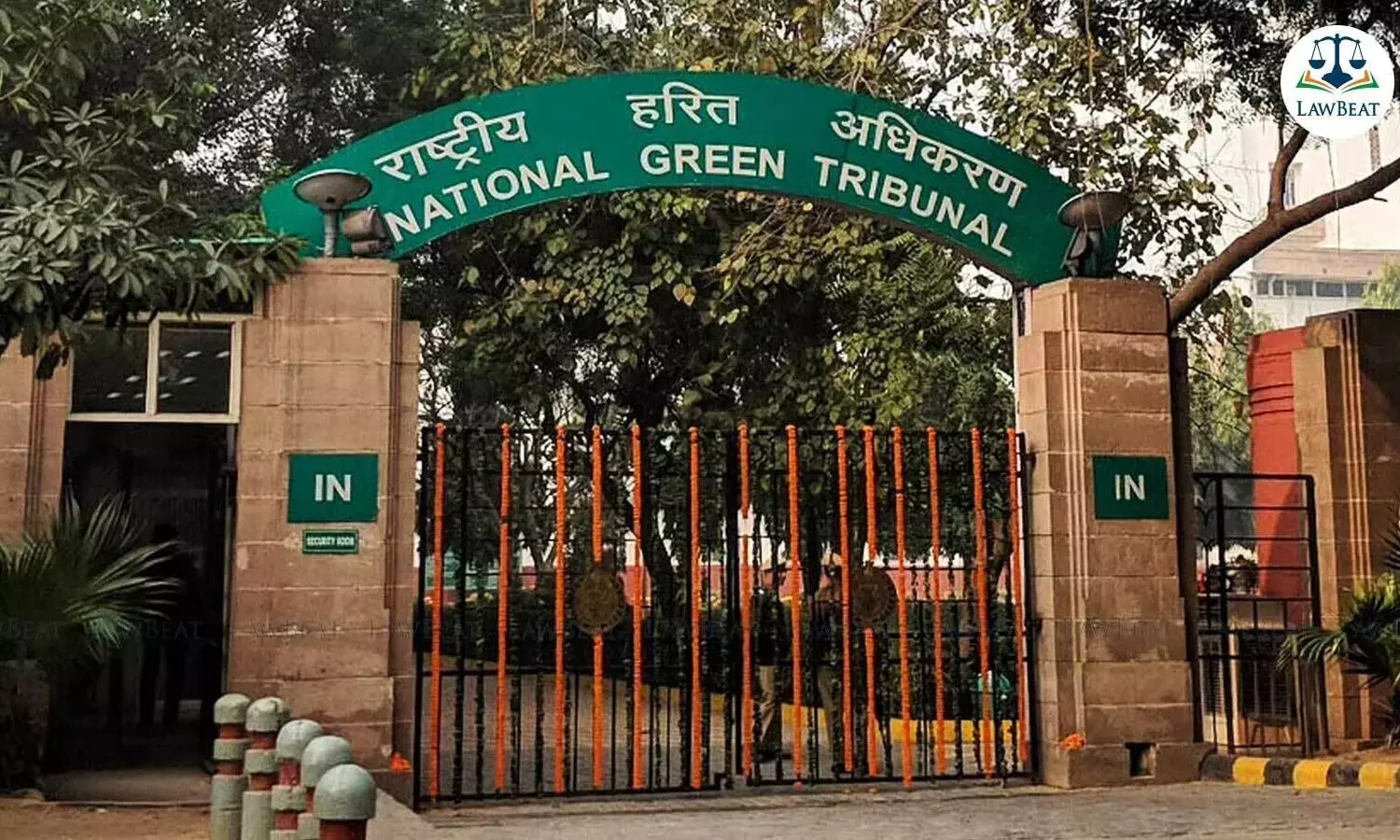NGT Seeks Clarification from DPCC on Inspections of Alleged Illegal Dyeing Units in Delhi

NGT stresses that environmental enforcement must yield action, not paperwork.
The National Green Tribunal (NGT) Principal Bench at New Delhi has directed the Delhi Pollution Control Committee (DPCC) to file an additional report clarifying inspection details in a matter concerning the alleged operation of dyeing and washing units without mandatory environmental consents across several parts of Delhi.
The Tribunal observed that while DPCC has submitted an action taken report indicating multiple joint inspections and sealing of units, questions raised by the applicant regarding the accuracy of geo-coordinates and adequacy of inspections required further examination.
In its order, the Bench led by Justice Prakash Shrivastava, Chairperson, noted, “Learned counsel for the applicant is permitted to file objection to the action taken report of the DPCC dated 20.05.2025 disclosing the full details of the geo-coordinates and locations which were supplied by the applicant to the respondent-DPCC and further material to support the plea that the proper inspection has not been carried out.”
The proceedings arose out of an application filed by environmental activist Varun Gulati, alleging that several dyeing units were operating without consent, no-objection certificates (NOCs), or permissions in areas including Bindapur, Matiala, Ranhola, Khyala, Meethapur, Badarpur, Mukundpur and Kirar.
It is contended that these units were functioning in violation of environmental norms, discharging untreated effluents, and contributing to pollution in the capital.
DPCC, in its action taken report dated 20 May 2025, stated that joint inspections were carried out on 8 April, 7 May and 8 May 2025 by teams comprising officials from the Municipal Corporation of Delhi (MCD), BSES, Sub-Divisional Magistrate (SDM) office, Delhi Jal Board (DJB) and DPCC.
A total of 22 premises were inspected, with geo-coordinates recorded in the report.
While certain locations showed no dyeing or washing activity, two units were found engaged in jeans dyeing and washing operations and were sealed by SDM Sarita Vihar officials in the presence of other departments.
Action for levying Environmental Damage Compensation (EDC) was also reported to be underway against these violators.
The applicant, however, disputed the accuracy of the inspections. Through counsel, it was argued that the geo-coordinates cited by DPCC did not match those originally supplied by him to the CMC Cell of DPCC on 28 February and 3 March 2025. Gulati’s counsel further contended that despite providing precise coordinates of allegedly polluting units, the inspections were carried out at different sites, thereby failing to capture ongoing violations.
The applicant also pointed out that a fresh inspection had taken place only days before the hearing, the details of which were not reflected in DPCC’s report.
Taking note of these objections, the Tribunal granted liberty to the applicant to file a detailed response within four weeks, highlighting the correct geo-coordinates and other supporting material.
DPCC was directed to file its additional report within six weeks thereafter. The matter has been posted for further hearing on 3 September 2025.
The NGT, in environmental compliance cases, has consistently held that regulatory bodies such as DPCC are obligated to ensure accurate site inspections and take enforcement measures against illegal industrial activity.
In past matters like Paryavaran Suraksha Samiti v. Union of India (2017), the Supreme Court underscored that no industrial unit could be permitted to operate without requisite effluent treatment mechanisms, directing state pollution control boards to enforce strict compliance.
Similarly, in MC Mehta v. Union of India, the Top court has repeatedly stressed upon preventing hazardous discharge into Delhi’s water bodies.
By directing DPCC to revisit and clarify its inspection report in the present case, the Tribunal has reiterated its supervisory role in ensuring that environmental enforcement is not reduced to a paper exercise, but results in actual curbing of illegal industrial practices.
The emphasis on correct geo-coordinates also reflects the Tribunal’s attempt to ensure accountability and transparency in pollution monitoring.
The outcome of the matter will hinge on whether DPCC’s follow up report establishes compliance with the applicant’s submissions and whether enforcement measures are effectively undertaken against errant units.
The Tribunal’s insistence on Environmental Damage Compensation also signals a continuing reliance on the “polluter pays” principle as part of environmental jurisprudence in India. The case is significant in the context of Delhi’s recurring struggles with industrial pollution, particularly from small scale dyeing and washing units operating in residential and unauthorized areas.
Case Title: Varun Gulati v. Govt. of NCT Delhi
Bench: Justice Prakash Shrivastava (Chairperson), Justice Arun Kumar Tyagi (Judicial Member), Dr. Afroz Ahmad (Expert Member)
Date of Judgment: May 23, 2025
